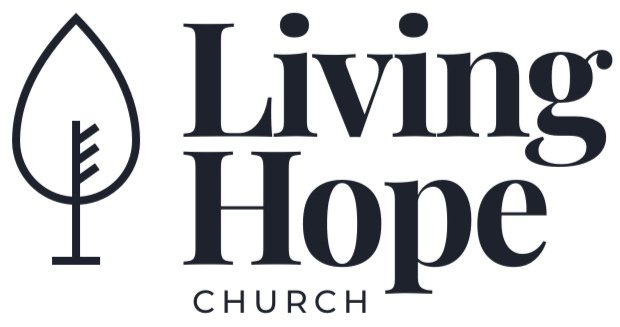Day 64
The start of chapter 20 is a bit discouraging. We begin with the death of Miriam. And then the people complain again. This time it is a bit more understandable as water is a very essential element for survival. Yet the language of the congregation betrays a lack of accurate memories or understanding of what had taken place:
3 The people blamed Moses and said, “If only we had died in the Lord’s presence with our brothers! 4 Why have you brought the congregation of the Lord’s people into this wilderness to die, along with all our livestock? 5 Why did you make us leave Egypt and bring us here to this terrible place? This land has no grain, no figs, no grapes, no pomegranates, and no water to drink!” (NLT)
Moses and Aaron then turn to the Lord and his glorious presence appeared to them. Moses is told: 8 “You and Aaron must take the staff and assemble the entire community. As the people watch, speak to the rock over there, and it will pour out its water. You will provide enough water from the rock to satisfy the whole community and their livestock.” (NLT)
Moses does grab the staff as commanded, but then he falls at the point where is probably strongest - humility. Instead of humility he acts in anger and rash words and actions.
10 Then Moses and Aaron gathered the assembly together before the rock, and he said to them, “Hear now, you rebels: shall we bring water for you out of this rock?” 11 And Moses lifted up his hand and struck the rock with his staff twice, and water came out abundantly, and the congregation drank, and their livestock. (ESV)
Moses clearly had had enough of the complaining, but he also has become bitter towards the people. It’s not difficult to understand, but it is what happened. His visible display of trust in God was not there and God was not honored as holy. The Lord’s response to Moses, and to Aaron, is quite sad.
12 And the Lord said to Moses and Aaron, “Because you did not believe in me, to uphold me as holy in the eyes of the people of Israel, therefore you shall not bring this assembly into the land that I have given them.” 13 These are the waters of Meribah, where the people of Israel quarreled with the Lord, and through them he showed himself holy. (ESV)
Notice what God did not say to Moses. He did not say that Moses did not “obey” enough, but that he did not believe (or trust) enough. Certainly he disobeyed, but that flows from something deeper.
I’ve been reading again Thomas Brooks’ “Precious Remedies Against Satan Devices” (a very insightful, pastoral, and practical work) and he wrote this about the result of sin:
“…consider that sin will usher in the greatest and the saddest losses that can be upon our souls. It will usher in the loss of that divine favor which is better than life, and the loss of that joy which is unspeakable and full of glory, and the loss of that peace which passes understanding, and the loss of those divine influences by which the soul has been refreshed, quickened, raised, strengthened, and gladdened, and the loss of many outward desirable mercies, which otherwise the soul might have enjoyed.”
Moses sinned in his words, actions, and in his heart. And the consequence was a massive loss. Not that Moses isn’t with the Lord now, but he did feel the consequence of his disobedience. This causes me to reflect on how easy it is to sin and to not believe/trust the Lord. I’m so thankful for the work of the Holy Spirit in my life (and the lives of all believers) to convict of sin and to lead in the path of righteousness. The Law can never save nor transform, but the Gospel and the Spirit at work in us does that beautiful work of conforming us more and more to the image of Christ. And let us also simply give thanks for the forgiving nature of God. We all sin, but there is more grace in Christ than there is sin in you and me.
